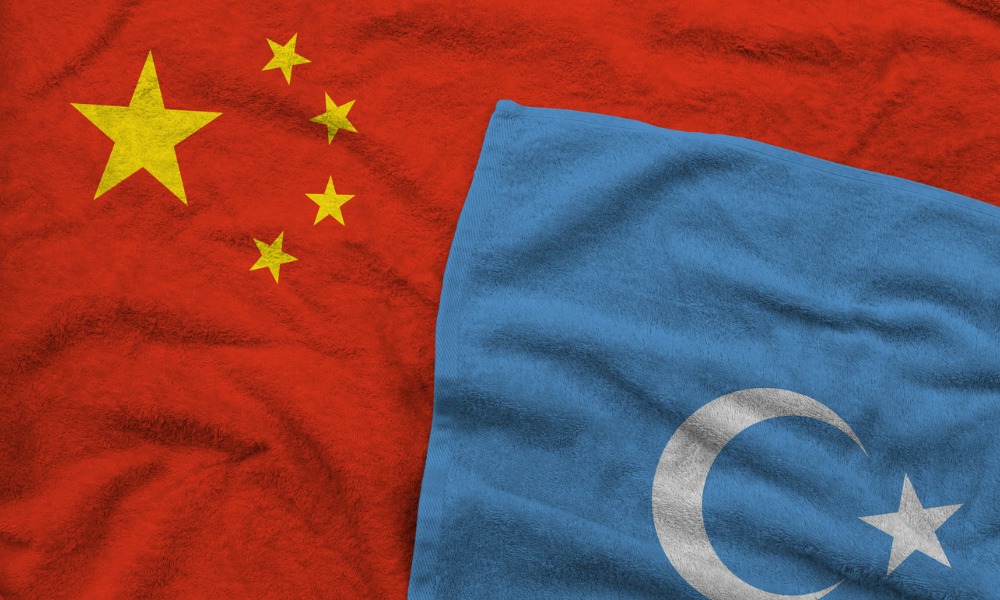Nonetheless, there will be measures to shield their minor children's information from public access

The Federal Court has deliberated on the requests for anonymity by Uyghur applicants and their families in their ongoing legal battle for permanent residence in Canada.
The applicants are Chinese citizens of Uyghur ethnicity. Captured in Pakistan in 2001 and subsequently detained at Guantanamo Bay until their 2009 release to Bermuda, the applicants have since sought refuge in Canada with their spouses, also Uyghurs and recognized as Convention refugees by Canada.
The dispute in Mamut v. Canada (Citizenship and Immigration), 2024 FC 243 concerns what the applicants describe as an unreasonable delay in processing their applications for permanent residency, prompting them to seek judicial review and orders in the nature of mandamus. Given the shared issues in their cases, their applications were joined for determination.
A significant aspect of their appeal was the request for anonymity orders to protect their identities and those of their minor children in the course of their judicial review applications. Initially, when filing their application, they included a request for an anonymity order under Rule 8.1 of the Federal Courts Citizenship, Immigration and Refugee Protection Rules. The request aimed to ensure that all court-prepared public documents would be redacted to keep the applicants' identities anonymous, extending this protection to their four minor children.
Despite this request, the Federal Court decided against granting the anonymity order for the applicants, citing the extensive public domain information already available about them. The court noted that the applicants themselves had significantly contributed to this public exposure, thereby diminishing the necessity for such an order. However, the court acknowledged the valid concern over the children's identities being made public. However, it clarified that an order under Rule 8.1 is limited to the parties involved and does not extend to non-party minors. The applicants were thus advised to seek a confidentiality order under Rule 151 of the Federal Courts Rules to protect their children's identities and personal information.
Contrastingly, the second set of applicants, who filed their application without initially requesting anonymity, later sought to anonymize their identities and protect their children's information. The court partially granted this motion, mandating the redaction of any personal information about the applicants' minor children from public records, emphasizing the importance of safeguarding the privacy of these "innocent third parties."
The Federal Court ultimately ruled that while the applicants' identities will not be anonymized, measures will be taken to shield their minor children's personal information from public access, recognizing the unique risks faced by Uyghur families amidst their quest for safety and stability in Canada.










